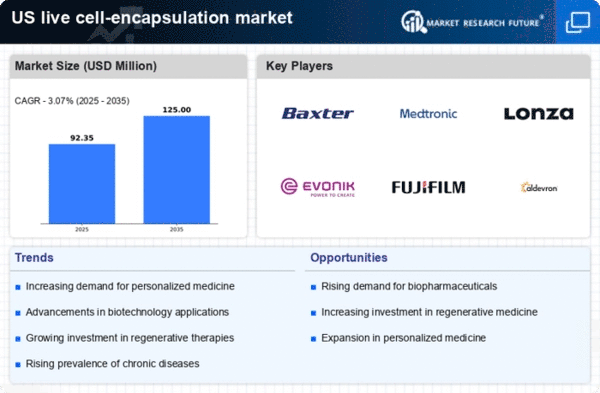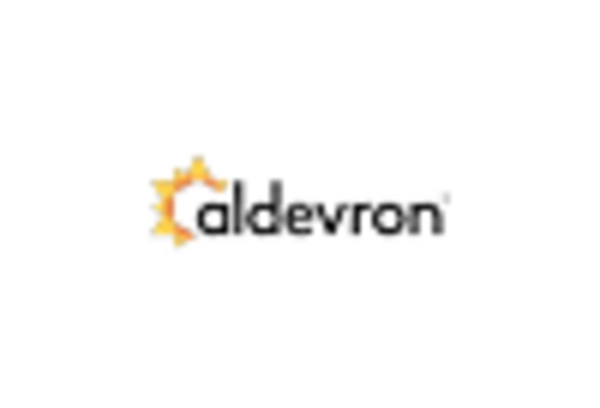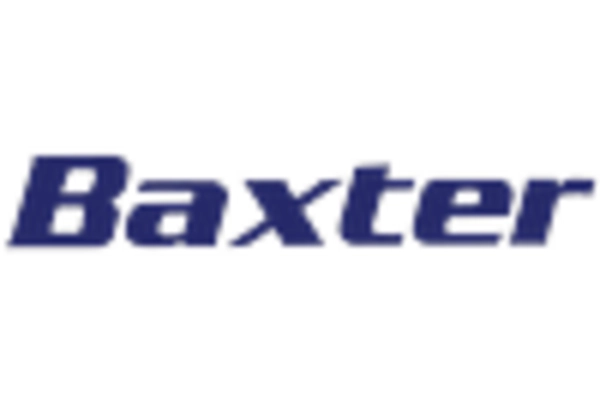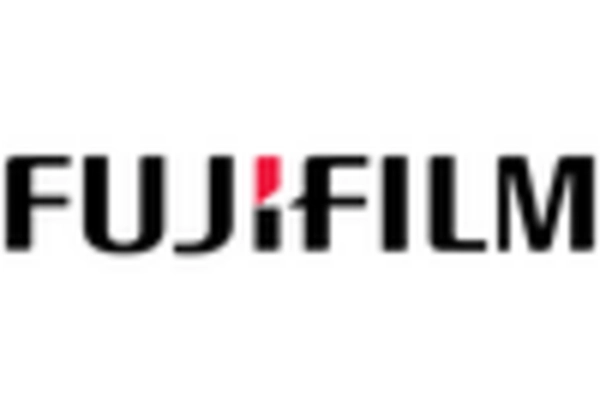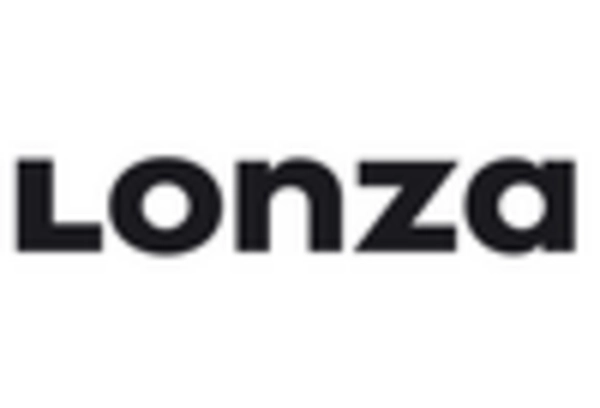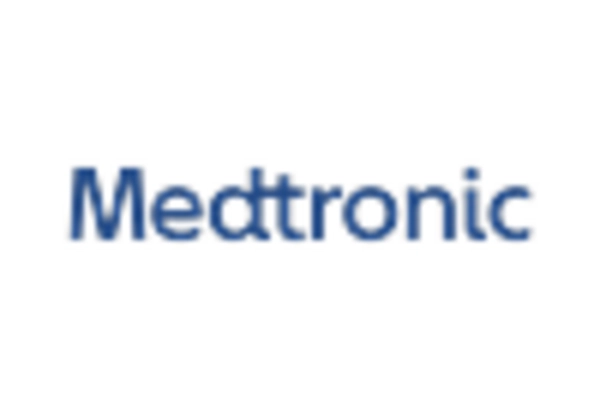Advancements in Biotechnology
The live cell-encapsulation market is experiencing a surge due to rapid advancements in biotechnology. Innovations in cell encapsulation techniques, such as microencapsulation and nanoencapsulation, are enhancing the efficacy of drug delivery systems. These advancements allow for improved cell viability and functionality, which are crucial for therapeutic applications. The market is projected to grow at a CAGR of approximately 15% over the next five years, driven by the increasing adoption of these technologies in research and clinical settings. Furthermore, the integration of biotechnology with artificial intelligence is likely to streamline the development processes, making it more efficient. As a result, the live cell-encapsulation market is poised for significant growth, attracting investments and fostering collaborations among key stakeholders in the industry.
Increasing Prevalence of Chronic Diseases
The rising incidence of chronic diseases in the US is a critical driver for the live cell-encapsulation market. Conditions such as diabetes, cancer, and cardiovascular diseases necessitate innovative treatment approaches, including advanced drug delivery systems. The encapsulation of live cells can enhance the therapeutic efficacy of drugs, leading to better patient outcomes. According to recent statistics, chronic diseases account for approximately 70% of all deaths in the US, highlighting the urgent need for effective treatment solutions. This growing demand for innovative therapies is likely to propel the live cell-encapsulation market forward, as healthcare providers seek to implement more effective and targeted treatment options for patients.
Regulatory Support for Advanced Therapies
Regulatory bodies in the US are increasingly supportive of advanced therapeutic modalities, which is beneficial for the live cell-encapsulation market. Initiatives aimed at expediting the approval process for innovative therapies are encouraging research and development in this field. The FDA has established frameworks that facilitate the development of cell-based therapies, which include live cell encapsulation techniques. This regulatory environment not only fosters innovation but also instills confidence among investors and researchers. As a result, the live cell-encapsulation market is likely to witness accelerated growth, as more products gain approval and enter the market, meeting the rising demand for advanced treatment options.
Rising Awareness of Personalized Medicine
The growing awareness and acceptance of personalized medicine are driving the live cell-encapsulation market. Patients and healthcare providers are increasingly recognizing the benefits of tailored therapies that cater to individual needs. Live cell encapsulation technologies can facilitate the development of personalized treatment regimens, enhancing the effectiveness of therapies. As the healthcare landscape shifts towards more individualized approaches, the demand for innovative solutions in drug delivery is expected to rise. This trend is likely to propel the live cell-encapsulation market, as stakeholders seek to develop products that align with the principles of personalized medicine, ultimately improving patient care and outcomes.
Growing Investment in Research and Development
Investment in research and development (R&D) is a significant driver for the live cell-encapsulation market. Increased funding from both public and private sectors is facilitating the exploration of novel applications for cell encapsulation technologies. Research institutions and biotech companies are focusing on developing new encapsulation materials and methods, which could enhance the performance of live cell therapies. In 2025, R&D spending in the biotechnology sector is expected to reach approximately $50 billion in the US, indicating a robust commitment to innovation. This influx of capital is likely to lead to breakthroughs in the live cell-encapsulation market, ultimately expanding its applications and improving therapeutic outcomes.


